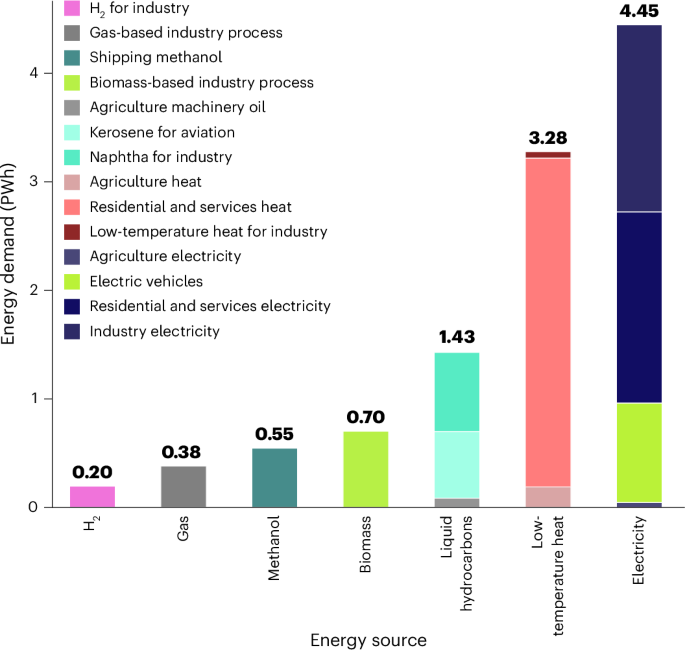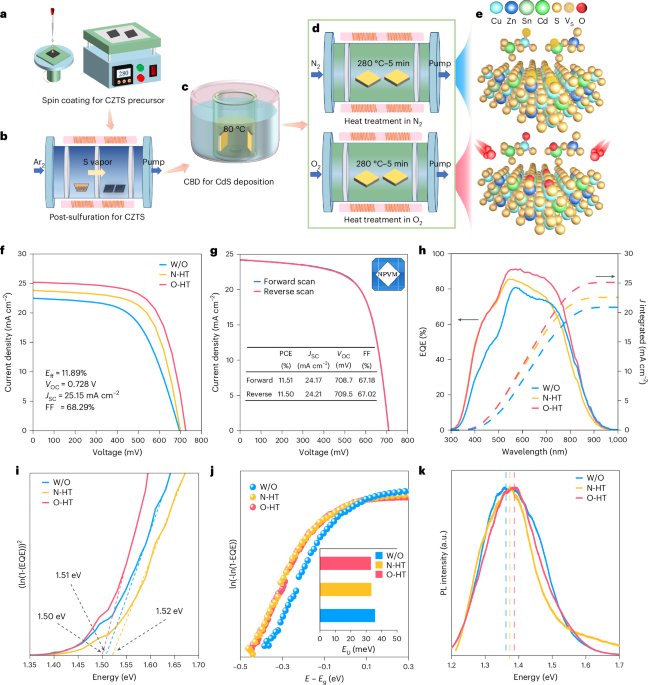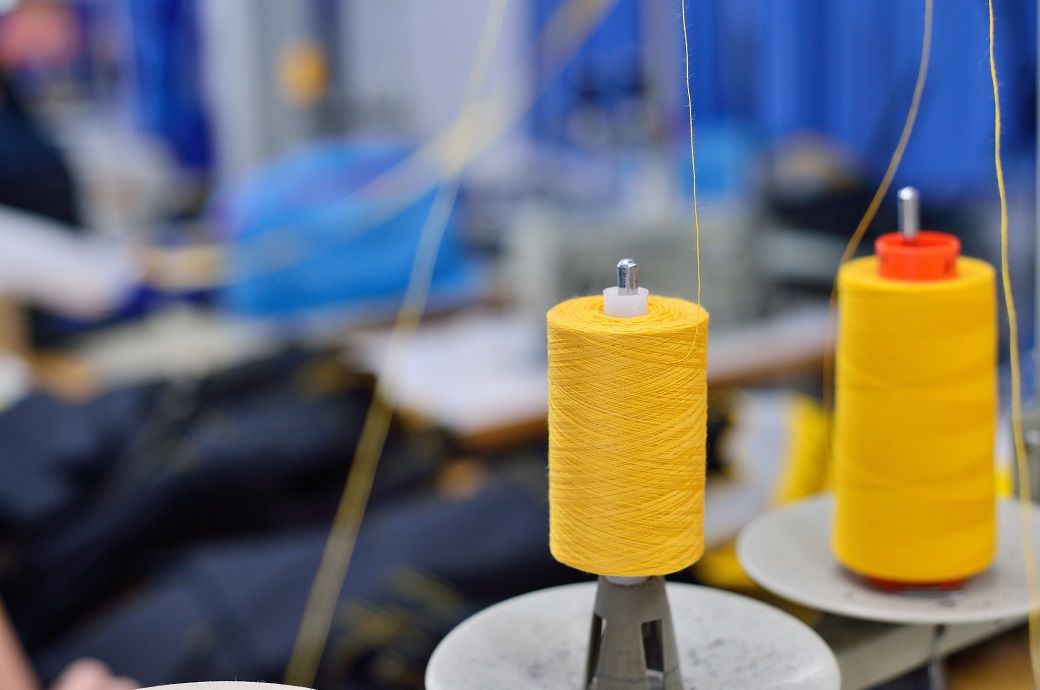The SPFH complex HflK-HflC regulates aerobic respiration in bacteria
by María Isabel Pérez-López, Paul Lubrano, Georgia Angelidou, Sarah Hoch, Timo Glatter, Nicole Paczia, Hannes Link, Victor Sourjik The bacterial HflK-HflC membrane complex is a member of the highly conserved family of SPFH proteins, which are present in all domains of life and include eukaryotic stomatins, flotillins, and prohibitins. These proteins organize cell membranes and are involved in various processes. However, the exact physiological functions of most bacterial SPFH proteins remain unclear. Here, we report that the HflK-HflC complex in Escherichia coli is required for growth under high aeration. The absence of this complex causes a growth defect at high oxygen levels due to a reduced abundance of IspG, an essential iron-sulfur cluster enzyme in the isoprenoid biosynthetic pathway. This reduction might be related to lower stability of IspG and several other proteins, including the iron siderophore transporter TonB, in the absence of the HflK-HflC complex. Our results suggest that decreased IspG activity leads to lower levels of ubiquinone and misregulated expression of multiple respiratory enzymes, including cytochrome oxidases, and consequently reduced respiration and lower ATP levels. This impact of the hflK hflC deletion on aerobic respiration resembles the mitochondrial respiratory defects caused by the inactivation of prohibitins in mammalian and yeast cells, indicating functional parallels between these bacterial and eukaryotic SPFH proteins.
by María Isabel Pérez-López, Paul Lubrano, Georgia Angelidou, Sarah Hoch, Timo Glatter, Nicole Paczia, Hannes Link, Victor Sourjik The bacterial HflK-HflC membrane complex is a member of the highly conserved family of SPFH proteins, which are present in all domains of life and include eukaryotic stomatins, flotillins, and prohibitins. These proteins organize cell membranes and are involved in various processes. However, the exact physiological functions of most bacterial SPFH proteins remain unclear. Here, we report that the HflK-HflC complex in Escherichia coli is required for growth under high aeration. The absence of this complex causes a growth defect at high oxygen levels due to a reduced abundance of IspG, an essential iron-sulfur cluster enzyme in the isoprenoid biosynthetic pathway. This reduction might be related to lower stability of IspG and several other proteins, including the iron siderophore transporter TonB, in the absence of the HflK-HflC complex. Our results suggest that decreased IspG activity leads to lower levels of ubiquinone and misregulated expression of multiple respiratory enzymes, including cytochrome oxidases, and consequently reduced respiration and lower ATP levels. This impact of the hflK hflC deletion on aerobic respiration resembles the mitochondrial respiratory defects caused by the inactivation of prohibitins in mammalian and yeast cells, indicating functional parallels between these bacterial and eukaryotic SPFH proteins.









































































































































































